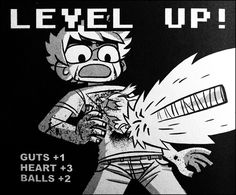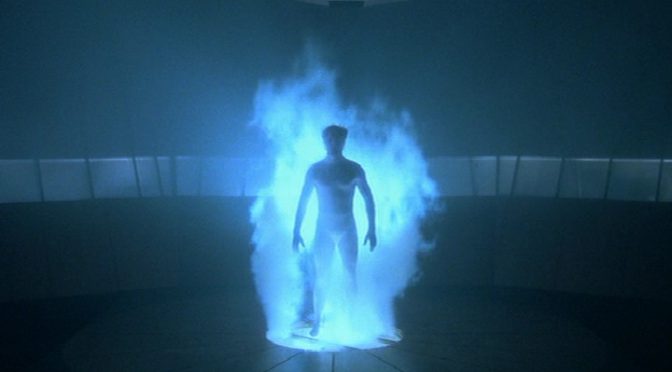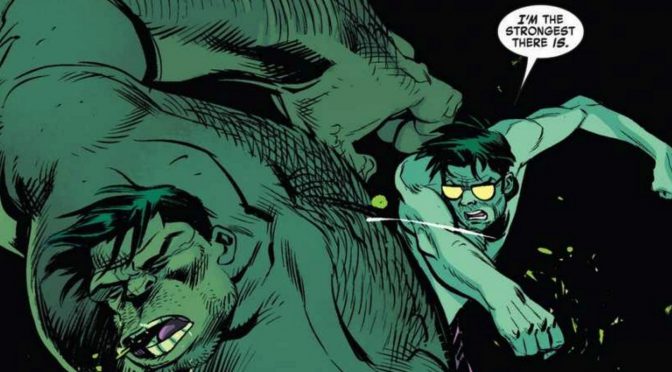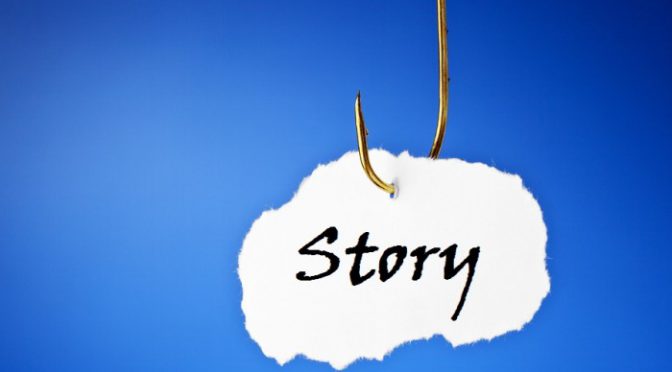As winter fully sets in and we crawl on towards springtime, I find myself reflective every year. In part it’s because my birthday is right in the middle of it, a moment where I have to acknowledge the passage of time and can’t help but take stock. That’s not say it’s a particularly deep time, sometimes those reflections are petty at best, but I can’t help but think about how events have unfolded. And, while not as much personally has changed as I would have liked, I can at least say that I’ve always done my best to grow. I pride myself in keeping an open mind, being willing to hear out other points of view, and change my stance when I’ve seen sufficient evidence I was wrong. In my mind, allowing yourself to change, grow, and find improvements is admirable.

But one thing I’ve learned over the years is that change for the sake of change is often counter-productive. Even with the best of intentions, a lack of a plan or a lack of a reason beyond “it needs to change” will generally lead your efforts down the wrong path. Growth and progress generally require forward motion, where as simple change can be perfectly sideways instead. And the problem with going sideways is that it often isn’t really fixing anything so much as it’s just making it “different”. This applies to all aspects of life: whether it be your personal habits, politics, or even your work.
As writers we have to accept that change is necessary more often than we’d like. Sometimes this is a matter of editing, or the occasional ret-con. These are, while painful, a simple act of identifying the problem and fixing it. But other times there are changes where it’s much harder to identify the next step or the correct course of action. These are a greyer area, somewhere you can actually come away making bigger mistakes. And, because of the risks involved, it’s important that entering these changes requires we have a solid plan of action.
Unfortunately, sometimes, people don’t… Continue reading To Change With Purpose




















